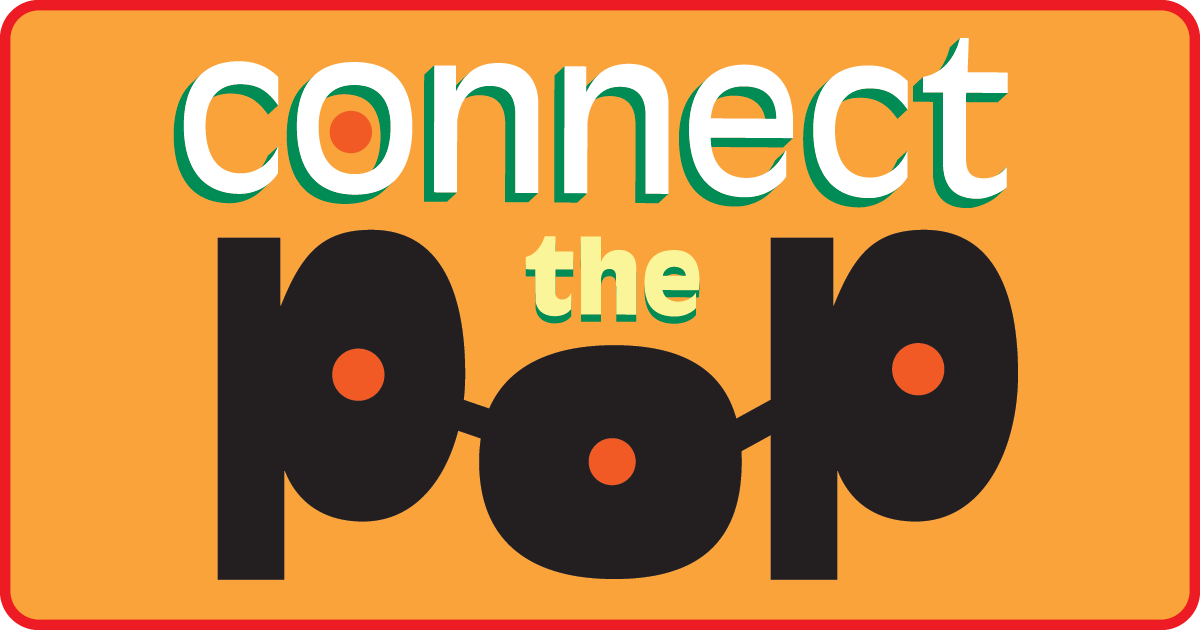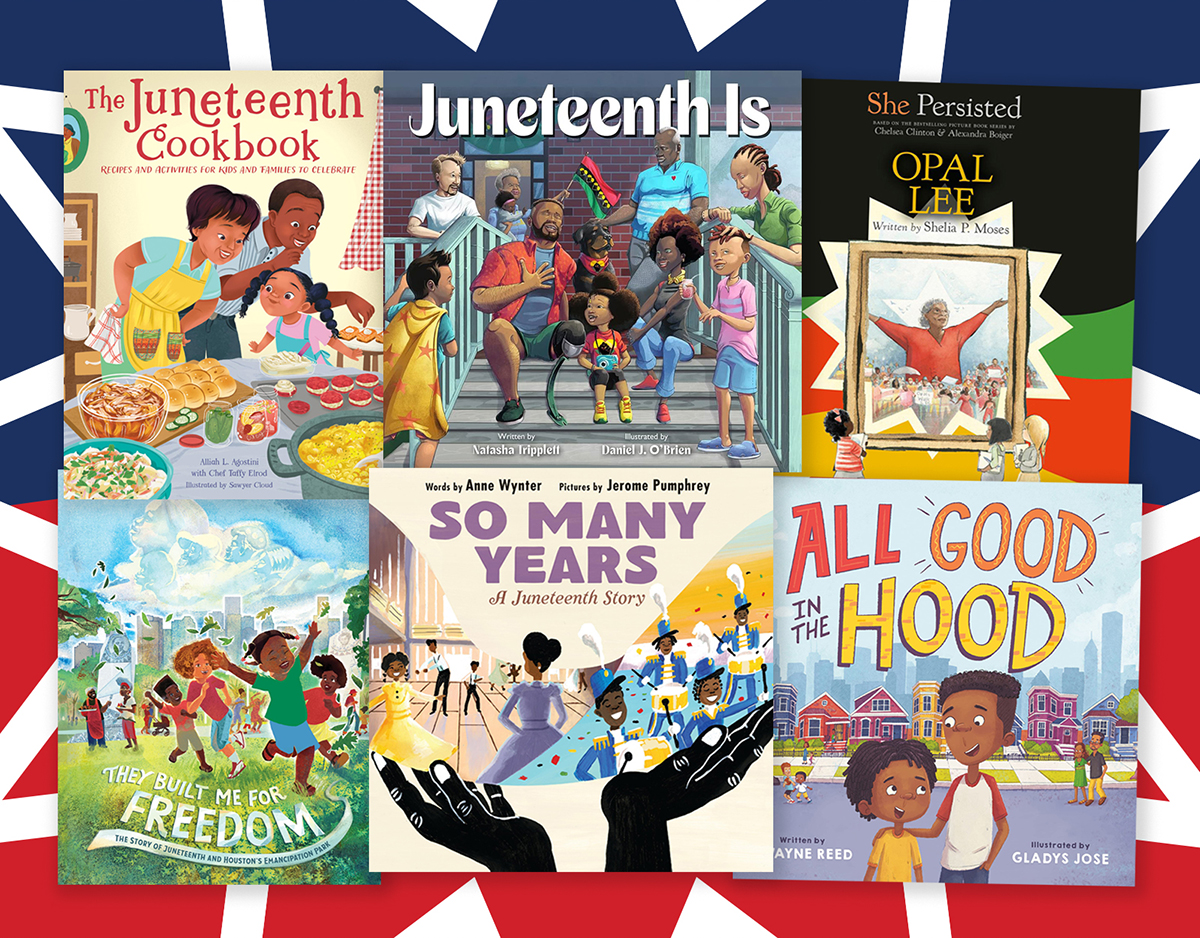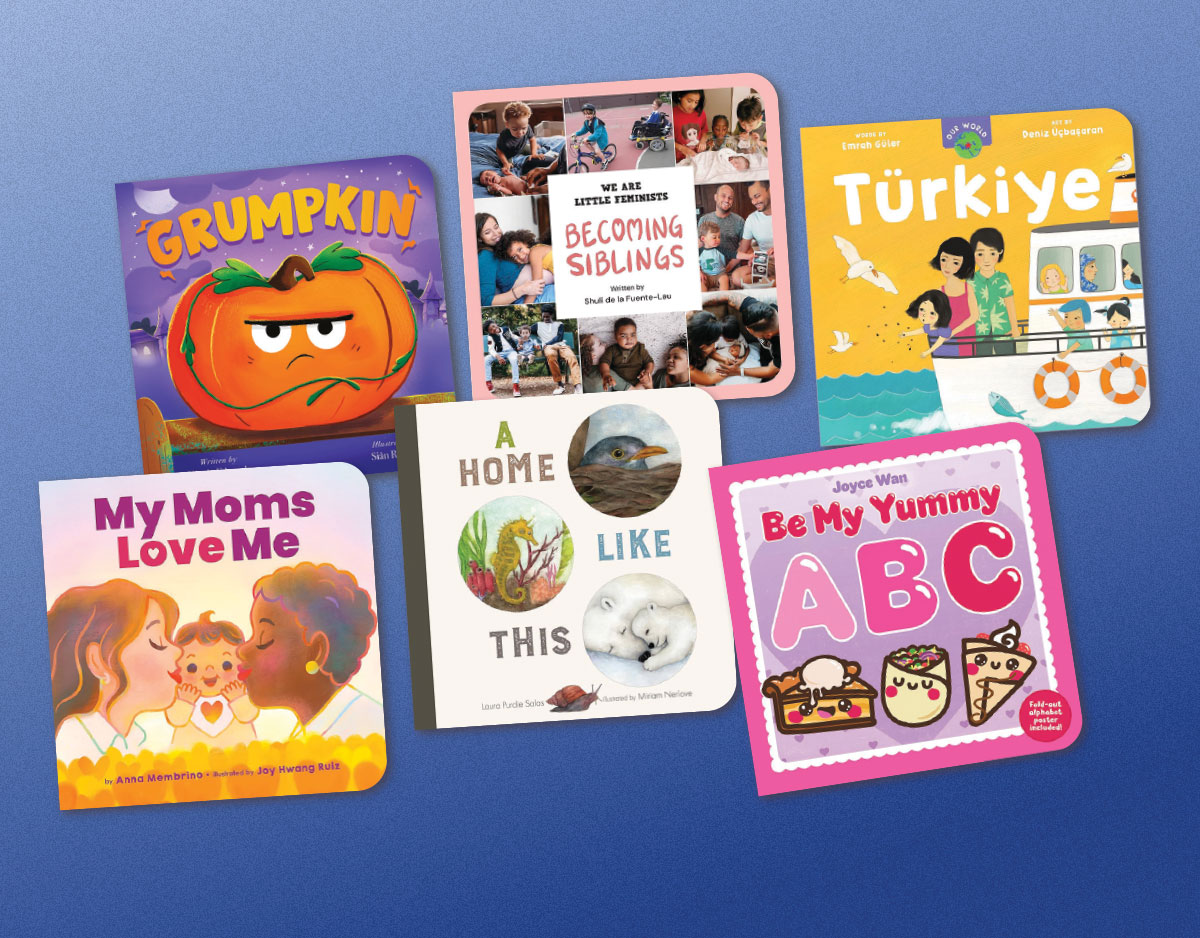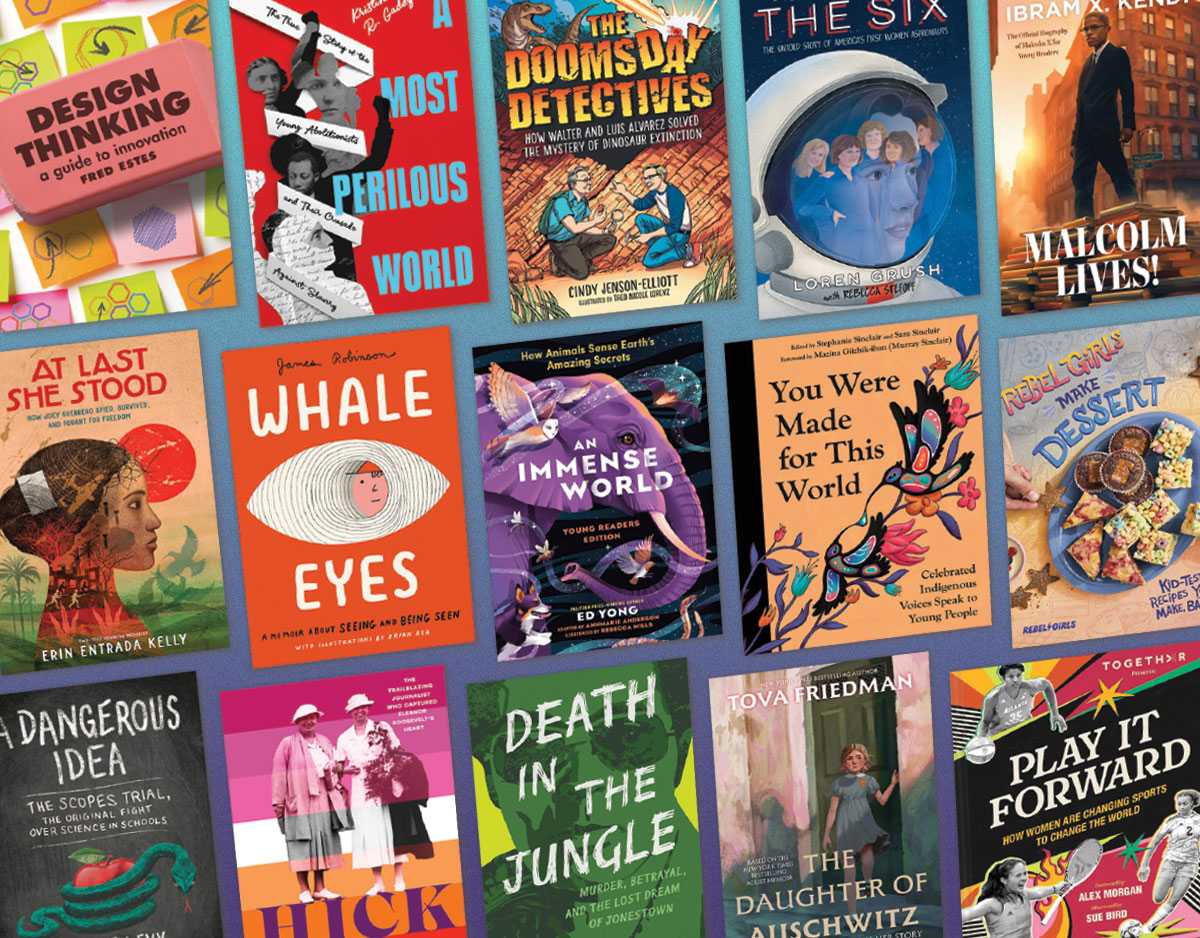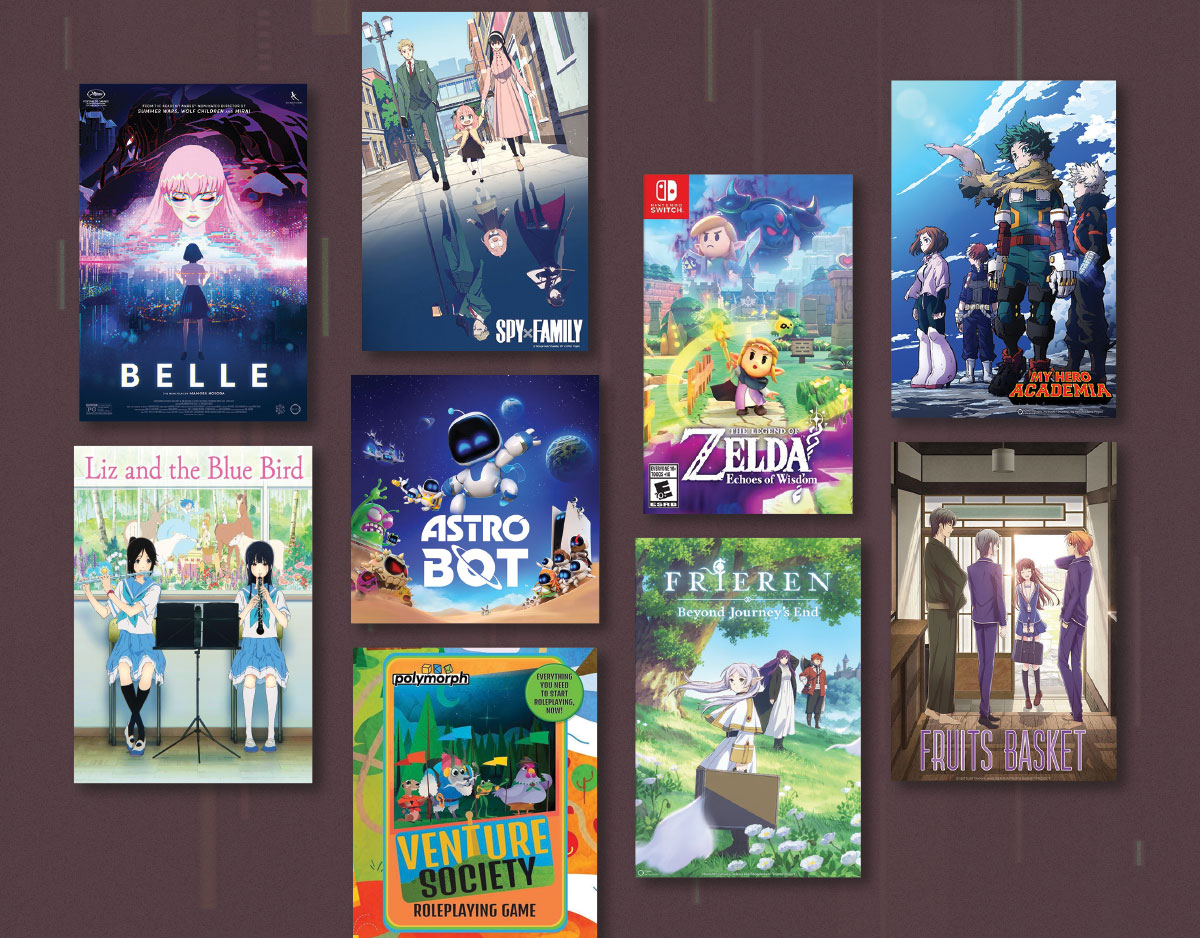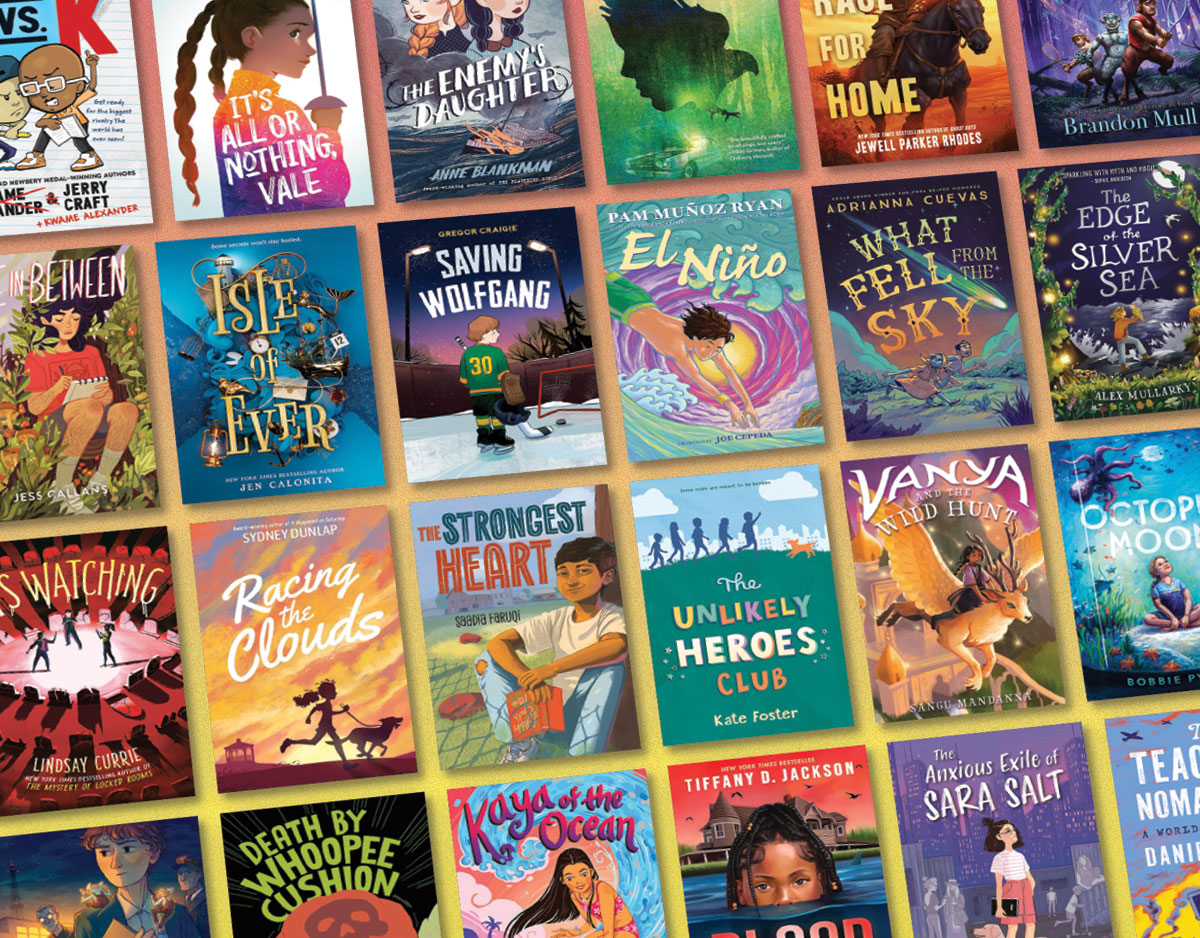SCROLL DOWN TO READ THE POST
A Question for Pop Culture Fandom: Strong Women… or Violent Women?
I had only just arrived back in the country when this story surfaced a couple of weeks ago, so you’ll forgive my belated attention to it now. Then again, it concerns such a perennial topic in terms of media representation that whether you share this online article from The Atlantic with your students now or six months from now will hardly matter. Its title, “Study: We Benefit From Seeing Strong Women on TV,” kind of says it all… or does it?
The U.S. research study in question involved showing two examples of sexualized, violent content to male and female viewers—one featured women as passive victims, the other as “strong” characters fighting back to defend themselves (and presumably others, although one can’t say for sure without reviewing the specific clips). A third category of participants watched blander family-TV episodes with female characters as “controls.”
ADVERTISEMENT
ADVERTISEMENT
So here’s how writer Lindsay Abrams summed up the outcome:
Males who watched sexually violent shows with submissive female characters reported more negative attitudes about women than the control group. This effect did not occur for men who watched shows with powerful women. Women actually reported more negative attitudes after watching the G-rated shows, but how female characters were portrayed did not affect their beliefs.
What is one to make of these results? That men who viewed capable and independent (yet violent) female characters had more positive feelings about women is not too surprising. But what about women viewers having more negative attitudes about their own gender after watching relatively innocuous fare such as Gilmore Girls?
This is one of the questions you might want to pose to students in the context of media education. You’ll also want to draw attention to the comments section of the article—not just because it brings into the discussion a wider range of pop culture characters and franchises (of which students will have prior knowledge), but because it suggests some deeper complexities to ponder. For example, should future studies also take into account the gender of the villains in such shows, or the gender of the potential victims that the strong female protagonists are, in many scenarios, rescuing? What about the level of violence depicted—does it matter whether, when the body count escalates to the level of fetish, the act of rescuing itself leads to a case of what is literally “overkill”?

I’m not saying that these kinds of considerations would, or should, affect the central findings of this particular study, but they do indicate how educators can take what may seem like straightforward conclusions and then “problematize” the issue with other variables. Not as a purely intellectual exercise, mind you, but because in the real world of pop culture there are always narrative elements that must factor into our experience, and interpretation, of any given media product. Framing inquiry in such a way that overlapping, even competing, values can enrich dialogue and prompt more meaningful forms of critical thinking.
Such an approach might look like this: even if we’re concerned about the effects of media violence on audiences, do we at least want that violence to feature some form of “gender parity”—or is that beside the point?
I don’t have an answer to this question, and that, of course, speaks to the goal of teaching media literacy and critical literacy in the first place—it’s the asking of tricky questions, not the providing of pat, politically-correct answers, that builds lifelong habits of mind in students. Well, maybe it’s a stretch to say “lifelong.” It would actually just be nice to see such forms of critical inquiry applied to this fall’s new TV seasons or this weekend’s multiplex options. That way we’d not simply be bringing pop culture into school, but, one hopes, the reverse as well.
Filed under: Media Literacy, Movies, Science/Math, Television
About Peter Gutierrez
A former middle school teacher, Peter Gutierrez has spent the past 20 years developing curriculum as well as working in, and writing about, various branches of pop culture. You can sample way too many of his thoughts about media and media literacy via Twitter: @Peter_Gutierrez
ADVERTISEMENT
SLJ Blog Network
Name That LEGO Book Cover! (#65)
Review of the Day: This is Orange by Rachel Poliquin, ill. Julie Morstad
Betty & Veronica: Summer Fun in the Sun | Preview
Heavy Medal Suggestions: 73 Titles and Counting
Like This, Try That: K-Pop Demon Hunters
The Classroom Bookshelf is Moving
ADVERTISEMENT
ADVERTISEMENT

